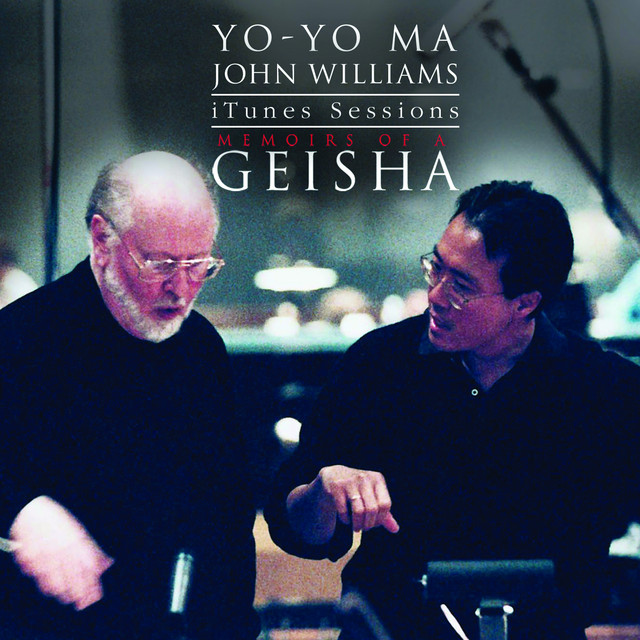While going through the texts and in class the theme of the “American Dream” and picking yourself up by the bootstraps, the self-made, self-reliance mentality common in America, the central focus on the “self”, applies much less to Asian Americans who became successful. There is a much greater focus, followed by actual action, for Asian Americans to seek help within their communities and work together. Generally there is less of a community effort in seeking this and more talk when I look at Western persons who have obtained it, and a lot more bragging.
It makes me think that the “American dream” as it is with its ideologies are inherently selfish and egocentric, and that part of the ideology has caused something of a rot in current American society. If it was more community focused, build up together, help each other out like most of the successful Asian American did coming over here, I think that some of the cultural issues inherit in modern American culture would start to dissipate and represent a truer form of the ideology, rather than the “manifest destiny” influenced one.
Which also reminds me of one of the anime I’m looking into, “Eureka Seven” It has a saying, “Don’t beg for things, do it yourself or else you won’t get anything.” Course the anime was made in the 2000’s and originated in Japan, but there is a theme of colonization in it and I wonder about the broader impact of the ideals of the “American Dream” has had, for better or worse. Though the anime also shows the main character in the end working together with the rest of the main characters and the saying could also just imply that by doing nothing and not working toward your goals, you’ll never reach them.
In looking at the various media related things, I think music overall has been one of the most heavily crossed over pieces of culture, but it seems also to be one of the more heavily Western leaning ones as well. It’s been somewhat disappointing not finding more music that relies more heavily on traditional Asian composition with other influences brought in. What I’ve come across is more traditionally/culturally pure, and what I’m hoping to find is something that is more of a melting pot. John Williams compositions for “Memoirs of a Geisha” heavily relies on traditional Japanese instruments and the pentatonic/five note scale over the seven note scale and blended well with the Western orchestra set up which features the French born Chinese American cellist Yo-Yo Ma.

A photo of John Williams (left) and Yo-Yo Ma (left) in rehearsal, used to feature an iTunes Sessions podcast.
It should be noted however that using a five note scale is not uniquely Asian and different versions around the global were developed independently, mainly as folk music, to me indicating that music in general is a more universal human experience, which the anime series “Macross” is centered around and the “Guardians of the Galaxy” films touch on through the human character Peter Quill/Star Lord’s Sony Walkman (and later the Microsoft Zune), which most of the other species don’t seem to have an understanding of, but like none the less.
Though the film “Memoirs of a Geisha” also had casting issues, mainly the controversy around casting Chinese actors over Japanese actors for the main roles, such as Sayuri, for the distinctly Japanese story, with the core racial issue being that Western audiences wouldn’t know or care if the actors where Chinese or Japanese, so long as they were Asian.
This also came up with the live action “Ghost in the Shell” from American otaku fans, specifically wanting a Japanese actress, not just an Asian actress, to play Motoko with a list of suggestions that included Rinko Kikuchi, who played Mako Mori in Guillermo del Toro’s kaiju/monster movie inspired film “Pacific Rim”.
But the Vocaloid music technology might be something close to a musical “melting pot”. Vocaloids started as a music generating program created by Yamaha in 2004 and now the characters from it and the Project Diva video games go on tour in the form of holograms using Polid Screen Technology.
They’re also gathering a lot of notable attention from Western artists, such as Lady Gaga having the Vocaloid Miku as her opening act and Pharrell Williams’s remix “Last Night, Good Night (Re:Dialed)” where he appears in the video with Miku as an anime character. Pharrell Williams collaborated with Daft Punk for “Get Lucky” and both Pharrell Williams and Daft punk are known anime fans.
In addition, Daft Punk, created an anime styled movie release in May 2003, a Japanese-French collaboration called “Interstella 5555: The 5tory of the 5ecret 5tar 5ystem”, based on their music album “Discovery”, whose plot touches on the issues of whitewashing and colonization.
It is one step removed, with the pseudo music producer and manager Earl de Darkwood capturing and taking the memories the musical band of human looking, but blue skinned aliens Octave, Arpegius, Baryl, and Stella from their home-world, forcing them to “be” human which allows their new “interstellar” music to quickly gains fame, fortune (for Darkwood) and acceptance on Earth, but at the band’s expense.